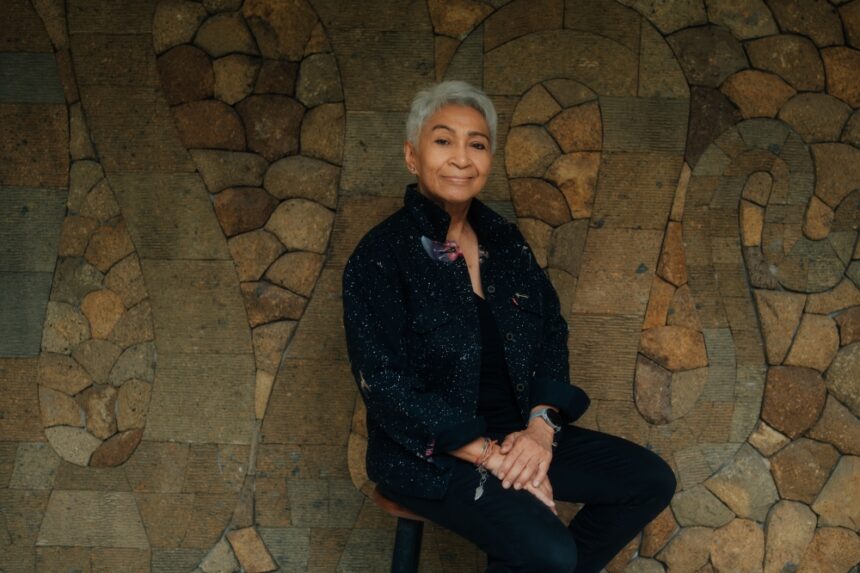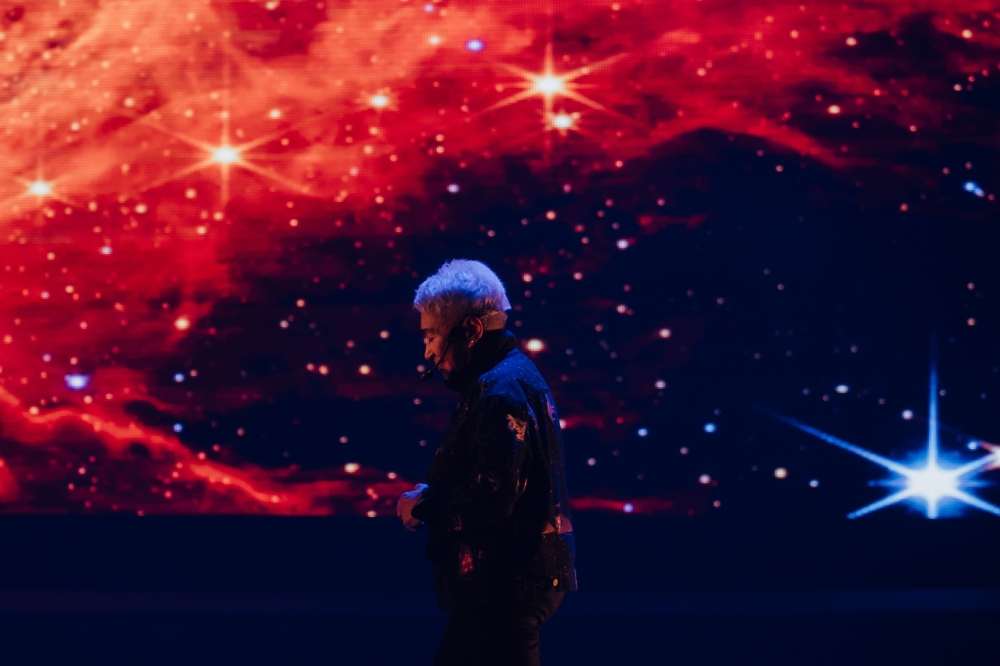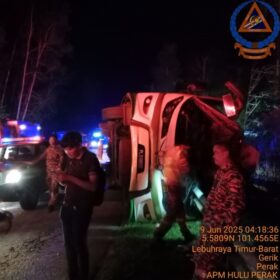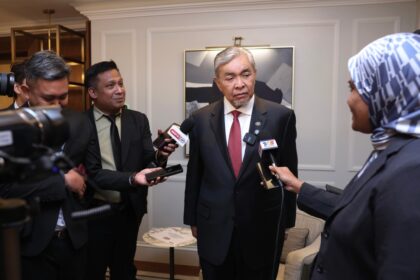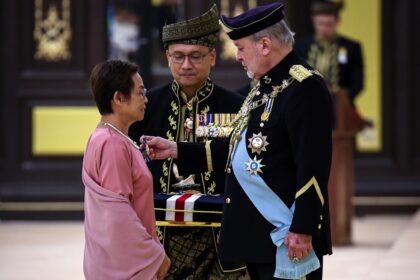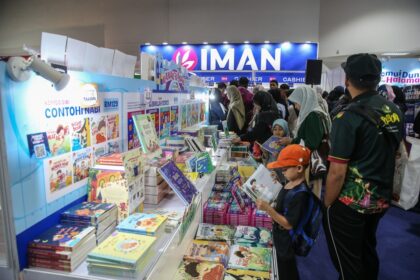KUALA LUMPUR, June 9 — Malaysia’s first astrophysicist, Tan Sri Dr Mazlan Othman, believes artificial intelligence (AI) has the potential to make students better thinkers, but she emphasises that schools must change how they assess students.
Rather than expecting students to memorise and regurgitate answers, Mazlan suggests teachers should evaluate how creatively students prompt AI tools.
“The skill is in the questioning — teachers should assess students by the kind of questions they ask AI tools,” she told Malay Mail in a recent interview.
“We are far too focused on asking them to find solutions to equations or problems that we give them. Education must aim to let students think for themselves,” she added.
Drawing from her astrophysics career, Mazlan said students should be inspired to explore science through an appreciation of arts and nature.
“For example, the way to attract students to maritime science or the maritime industry is not to teach them how to build boats but to inspire them about the sea,” she explained.
Mazlan revealed that her own fascination with the sky and stars stemmed from her childhood love of poetry, long before she delved into the celestial sciences. One poem that remains etched in her memory is “He Wishes for the Cloths of Heaven” by Irish poet William Butler Yeats, which she described as “a beautiful and poignant piece that captures the beauty of the sky.”
Mazlan’s fascination for the sky and stars sprung from her childhood love for poetry, way before she discovered astrophysics. — Picture courtesy of Sutra FoundationBreaking barriers in science
Born in Seremban, Mazlan has achieved several firsts. She is Malaysia’s first astrophysicist, the first woman to earn a doctorate from the University of Otago in New Zealand, and the first Malaysian to lead the United Nations Office for Outer Space Affairs (UNOOSA) — a role she held twice.
Astrophysics, however, was not her initial career plan.
As a Colombo Plan scholar, Mazlan was required to return to Malaysia after graduation to work as either a physics teacher or a physicist at a nuclear institute. But she hesitated to specialise in atomic or nuclear physics due to prevailing anti-nuclear sentiments in the scientific community.
“Luckily, I discovered astrophysics in my third year. So, I wrote to the Colombo Plan committee to inform them that I was staying in New Zealand to pursue astrophysics,” she said.
After returning to Malaysia in 1981, Mazlan became a lecturer at Universiti Kebangsaan Malaysia (UKM), where she pioneered an astrophysics programme. In 1994, she was appointed an astrophysics professor.
Mazlan also spearheaded the establishment of the National Planetarium and became its first director-general. She played a pivotal role in designing Malaysia’s first remote-sensing satellite, TiungSAT-1, launched in 2000. From 2002 to 2007, she served as the founding director-general of Malaysia’s National Space Agency (Angkasa).
Leading the global space agenda
Mazlan’s tenure as UNOOSA director was marked by notable achievements, including negotiating a global protocol to address near-Earth object collisions, such as asteroid strikes.
“At that time, countries were pushing for a protocol to deal with asteroid strikes because a theory suggested that 65 million years ago, an asteroid strike caused the extinction of dinosaurs,” she said.
The protocol gained consensus after three years of debates, though member states did not agree to let the UN Security Council make the final decision in such a scenario.
During her time at UNOOSA, Mazlan was jokingly referred to as the first point of contact for aliens due to her office’s resources and expertise.
Highlighting the space sector’s projected growth to nearly US$2 trillion (RM9.2 trillion) by 2035, Mazlan noted that global politics continue to heavily influence space-related decisions, as space dominance remains a strategic advantage in warfare.
Between her two terms at UNOOSA, Mazlan led Malaysia’s first space exploration mission, culminating in astronaut Datuk Dr Sheikh Muszaphar Shukor Sheikh Mustapha’s journey to the International Space Station in October 2007.
When asked if Malaysia is ready to send a second astronaut to space, Mazlan said it would be worth considering if the country has something novel to contribute to space exploration.
Source: 
Malaysia’s first astrophysicist Mazlan Othman says AI can make students better thinkers if schools adapt

